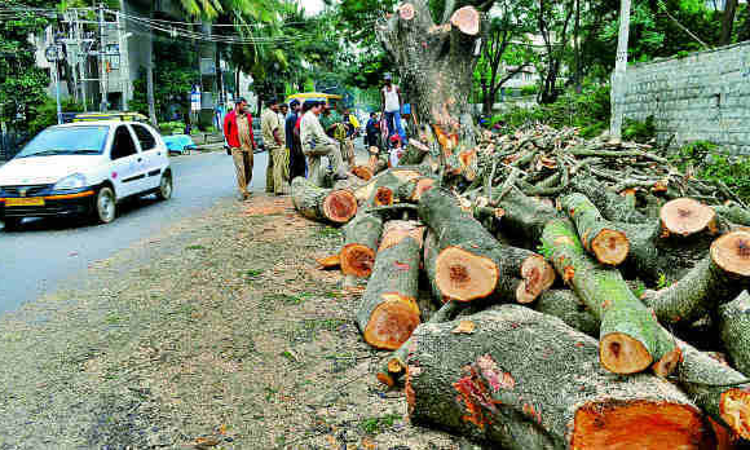'We Want Govt To Explore Alternatives Before Cutting Trees' :Supreme Court Mulls Guidelines For Highway Projects
LIVELAW NEWS NETWORK
18 Feb 2021 4:08 PM IST

Next Story
18 Feb 2021 4:08 PM IST
The Supreme Court on Thursday indicated that it will lay down guidelines for the felling of trees for the purposes of highway projects."We want the government to explore alternatives before cutting down trees for roads", the Chief Justice of India SA Bobde observed while hearing a case against the felling of trees for a project in West Bengal.The bench, also comprising Justices...
